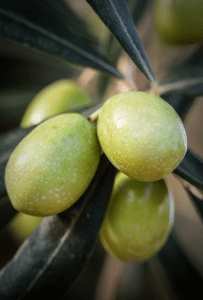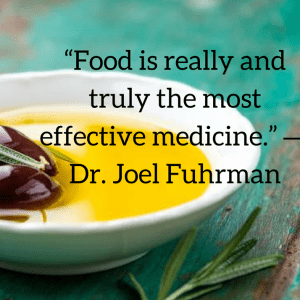Why is Olive Oil So Good for You?
Why is Olive Oil So Good for You?

Did you know that olive oil contains a powerhouse chemical property that makes it so beneficial to our health? This special compound is called flavonoid polyphenols, and many people are taking note that some olive oils consist of more polyphenols than other olive oil variants. Olive Oil contains the highest amount of polyphenols than any other edible product, which makes it an essential part of our daily diets to maintain good health.
Why are polyphenols so good for the human body?
Polyphenols serve countless remarkable purposes and are beneficial in scores of ways. They are now known as natural an anti-inflammatory. Scientific studies present the ability of polyphenols to “modulate the human immune system by affecting the proliferation of white blood cells, and also the production of cytokines or other factors that participate in the immunological defense.”1 They have been shown to have a host of beneficial effects from healing sunburn to lowering cholesterol, blood pressure, and risk of coronary disease. They have also been linked to slower aging and overall better health. Hydroxytyrosol and tyrosol are some of the many phenol compounds in olive oil. There are as many as 5 mg of polyphenols in every 10 grams of olive oil. Many other nut and seed oils have no polyphenols.
The polyphenol content is determined by many factors…
Extraction Conditions: Techniques used to enhance yield, such as heating the paste, adding water, and increasing malaxation time, result in a loss of polyphenols.
- Refining: Olive oil which is old, rancid, made from diseased olives, or has some other defect can be made palatable by refining. This is done by filtering, heating, charcoal or chemical treatment to adjust acidity. Refined oils are low in tyrosol and other phenols.
- Olive Varietal: Koreneiki olives, for instance, have a very high level of polyphenols, while Arbequina’s content is low. The content of Frantoio olives is medium-high and that of Leccino medium.
- Time of Picking: Oil made from green (unripe) olives has more polyphenols than oil made from ripe olives. The polyphenol concentration increases with fruit growth until the olives begin to turn purple and then begins to decrease.
- Storage Conditions: Olive oil should be stored in a cool, dark place to maintain optimal freshness.
Visit www.oleaoliva.com for delicious, quality olive oil that you and your family can trust and enjoy!
References:
- Gorzynik-Debicka, M., Przychodzen, P., Cappello, F., Kuban-Jankowska, A., Marino Gammazza, A., Knap, N., Wozniak, M., … Gorska-Ponikowska, M. (2018). Potential Health Benefits of Olive Oil and Plant Polyphenols. International journal of molecular sciences, 19(3), 686. doi:10.3390/ijms19030686
- SHARE THIS POST

 Extraction Conditions: Techniques used to enhance yield, such as heating the paste, adding water, and increasing malaxation time, result in a loss of polyphenols.
Extraction Conditions: Techniques used to enhance yield, such as heating the paste, adding water, and increasing malaxation time, result in a loss of polyphenols.
